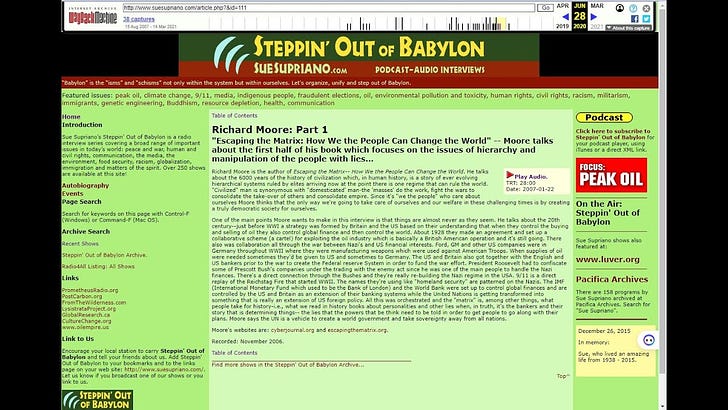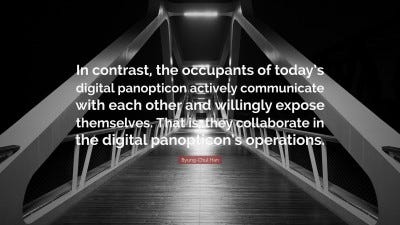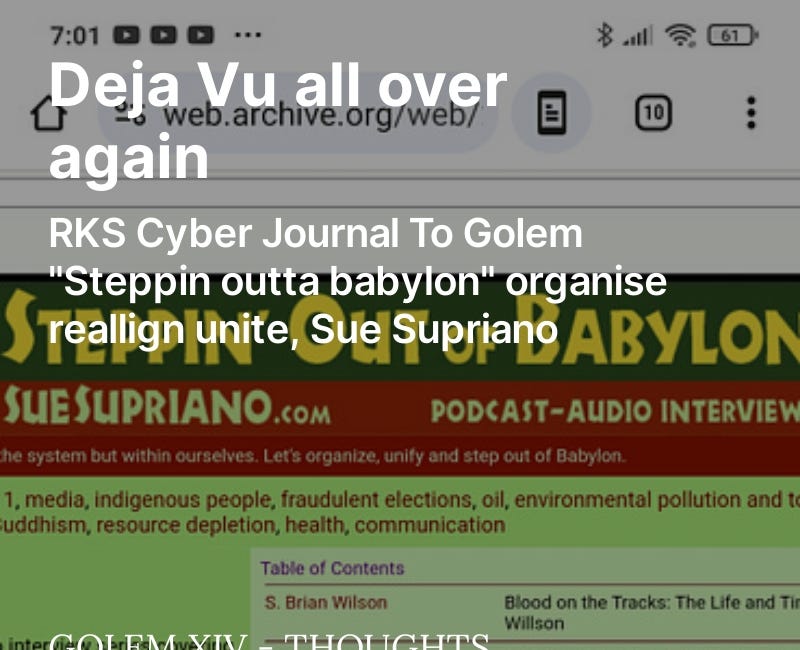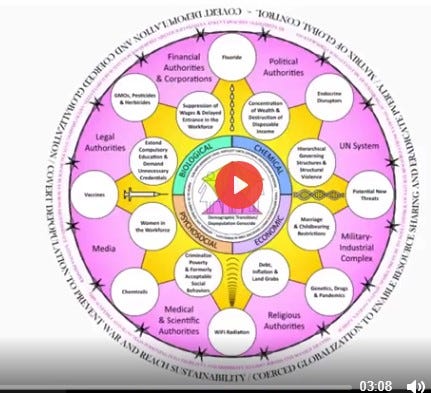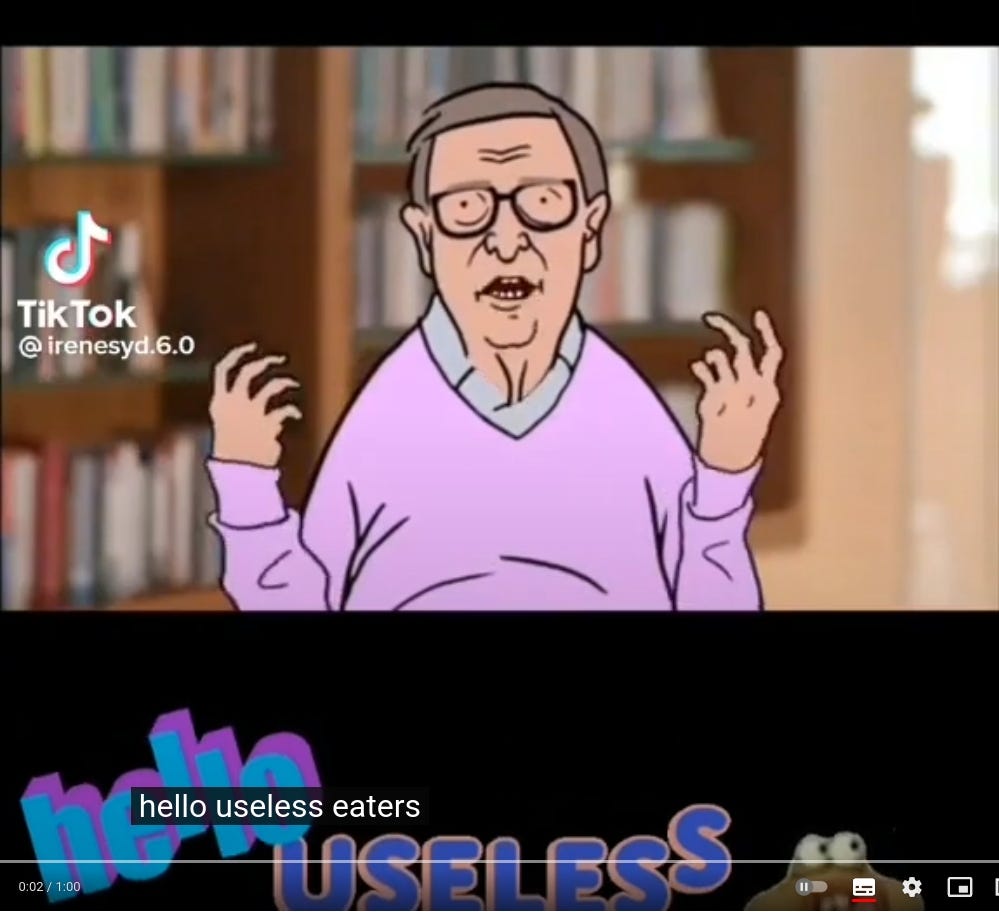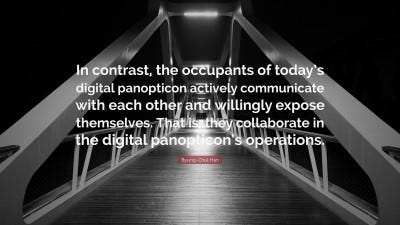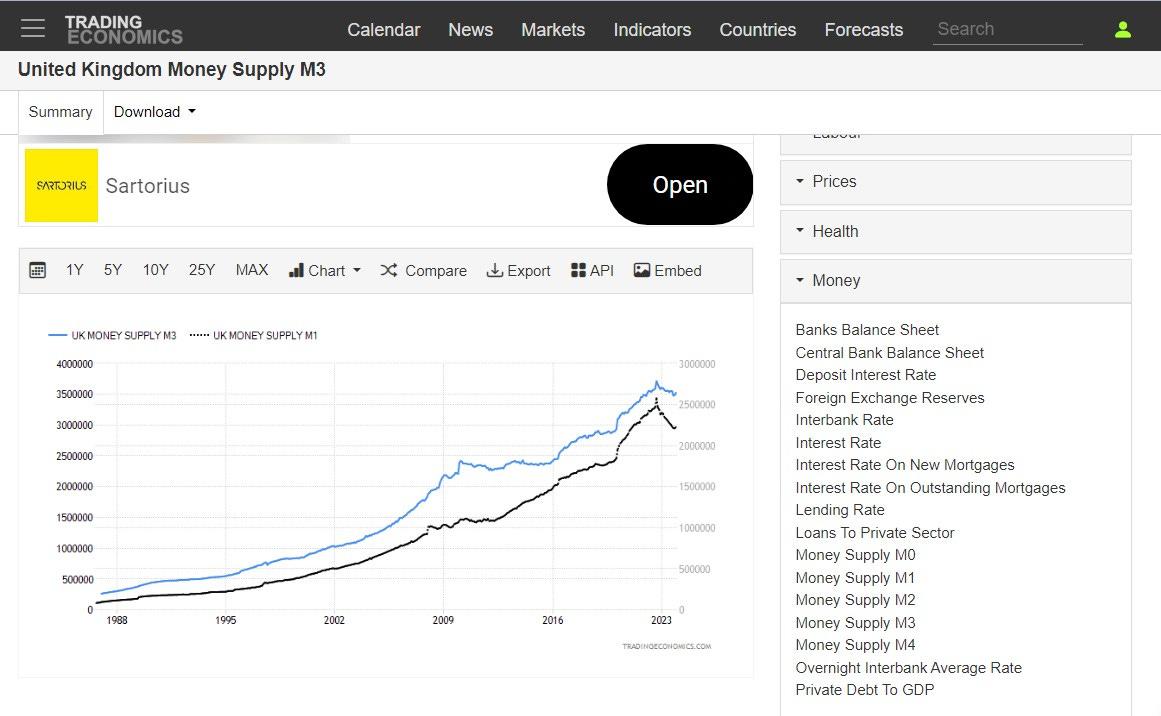Title: Escaping The Matrix: A Path to Democratic Society
There is a time when the operation of the machine becomes so odious That? you've got to indicate to the people who run it, to the people who own it, that unless you're free, Watch Out!
Title: Escaping The Matrix: A Path to Democratic Society
In a world where the concept of democracy has been diluted by the influence of powerful elites, the need for a fundamental shift in societal structure has become increasingly apparent. This shift is not just a matter of policy reform or political change, but a transformative process that requires a reevaluation of how we, as a society, govern ourselves. In his book "Escaping The Matrix: How We The People Can Change The World," Richard Moore delves into the history of civilization and the need for a new approach to governance.
The History of Civilization
Moore's analysis of the history of civilization reveals a pattern of evolving hierarchy, with power concentrated in the hands of a few elites. From ancient kings and emperors to modern-day political and corporate leaders, the story of civilization has been one of hierarchical control. Even the concept of democracy, often touted as a symbol of people's power, is shown to be a mere exchange of one set of elites for another. The illusion of democracy, as Moore argues, has been perpetuated to maintain the status quo of elite rule.
The Role of Elites and Banking Institutions
Central to Moore's analysis is the role of elites and banking institutions in shaping global policies and agendas. He highlights how the pursuit of economic growth, driven by capitalist systems, is fundamentally incompatible with the finite resources of the Earth. The influence of powerful banking institutions, such as the IMF and the World Bank, further perpetuates a system that prioritizes financial control over democratic decision-making.
Escaping The Matrix: A Path to Democratic Society
Amidst the bleak assessment of the current state of governance, Moore presents a compelling vision for change. He advocates for a shift towards a truly democratic society, one governed by the people themselves for the benefit of all. This vision is rooted in the concept of dialogue and collaboration, where individuals come together to address collective concerns and work towards shared solutions.
Excerpt from Helmut Creutz The Money Syndrome Towards a Market Economy Free from Crises
Interest as a Means of Redistribution
“Credit costs interest. Interest burdens end-consumers and entrepreneurs who have to borrow money in order to satisfy their consumer and investment needs. Consequently interest takes away money from end-consumers and entrepreneurs, even when they do not have enough of it and gives it to investors who already have more money than they need”. Dieter Suhr *
“Suppose somebody were to regularly extract a few hundred Dollars or Euros from your wallet every month. You would certainly report it to the police. You would perhaps react no differently if during each of your purchases, a specific share of the purchase amount were collected from you, Mafia fashion. That is exactly what happens to us! Every day, at every purchase, only on a larger scale! We are not talking now about the state that, as is well known, dips twice into our pocket, namely once while earning money and again while spending it. What is meant is another attack, which competes in the same degree with the one from the state, and yet is hardly noticed by us: the claim of capital, better known under the name interest”.
The Power of Dialogue and Facilitation
One of the key aspects of Moore's vision is the power of dialogue and facilitation in fostering democratic decision-making. He emphasizes that through facilitated dialogue processes, individuals can overcome differences, respect each other's perspectives, and collaboratively address common challenges. This approach, rooted in indigenous traditions and consensus-building practices, offers a pathway to genuine democratic governance at the community level.
Relocalization and Community Empowerment
Moore also highlights the importance of relocalization as a means to empower communities and decentralize decision-making. By emphasizing local control and sovereignty, communities can take charge of their economic optimization and policy decisions. This relocalization is not about isolation but rather about localizing decision-making processes to align with the needs and concerns of the community.
Challenges and Opportunities
While Moore's vision presents an inspiring framework for change, it also acknowledges the challenges inherent in shifting towards a democratic society. The deeply ingrained structures of power and the conditioning of society towards hierarchical governance pose significant obstacles. However, Moore remains optimistic about the potential for change, citing examples from Cuba and Venezuela as instances where elements of democratic decision-making have been implemented.
The Role of Hope and Responsibility
In conclusion, Moore's exploration of escaping the matrix and transitioning towards a democratic society underscores the pivotal role of hope and responsibility. It calls for individuals to reclaim agency in shaping their collective future and to engage in dialogue, collaboration, and facilitation as tools for transformative change.
As we reflect on Moore's insights, it becomes clear that escaping the matrix is not just an intellectual exercise but a call to action. It invites us to reevaluate our roles as citizens, community members, and global inhabitants. It challenges us to engage in meaningful dialogue, embrace diversity, and work towards solutions that benefit all.
In embracing this vision for change, we are reminded that democracy is not just a system of governance but a living process that requires active participation and ongoing dialogue. It is a journey towards collective empowerment, where the voices of all individuals are heard and respected.
As we navigate the complexities of modern society, Moore's perspective offers a guiding light—a pathway towards a more inclusive, collaborative, and truly democratic future. It calls upon us to step out of the confines of traditional power structures and into a new paradigm where dialogue, collaboration, and community empowerment form the bedrock of governance.
In this journey towards escaping the matrix and embracing democratic society, each individual has a role to play. It is through our collective actions, our commitment to dialogue, and our willingness to embrace change that we can pave the way for a more equitable and participatory future.
As we contemplate the path ahead, let us heed Moore's call to action and embark on this transformative journey with hope, responsibility, and a deep commitment to democratic ideals. Together, we can shape a world where genuine democracy thrives, where dialogue unites diverse voices, and where communities are empowered to chart their own destinies.
The vision presented in "Escaping The Matrix" serves as an inspiring testament to the enduring power of dialogue, collaboration, and community-driven governance. It offers a roadmap for transcending existing power structures and forging a new path towards a more democratic, inclusive, and equitable society.
As we embrace this vision and commit to the principles of dialogue and collaboration, we take a significant step towards realizing a world where the voices of all individuals are valued, where decision-making is rooted in community empowerment, and where the spirit of democracy flourishes.
There is a time when the operation of the machine becomes so odious
There is a time when the operation of the machine becomes so odious, makes you so sick at heart, that you can't take part; you can't even passively take part, and you've got to put your bodies upon the gears and upon the wheels, upon the levers, upon all the apparatus, and you've got to make it stop. And you've got to indicate to the people who run…
Deja Vu all over again
My Estimation of and Journey around the Matrix. #Sue Supriano #RobertMoore #IanCrane #F. William Engdahl #WhatyaGonnaDo ROGERGLEWIS JANUARY 23, 2022 Foreword If fifteen years ago, when the USSR was collapsing, I had noticed a book on the shelves about “changing the world,” I imagine I would have passed it by. Such topics, I would have assumed, were for p…
INTERNATIONAL SYSTEM OF DEPOPULATION GLOBALIZATION EXPLAINED BY K. GALALAE
FEB 6 •
2
JAN 7 •
2
The Panoptican Jailer Bot (PJB)
JAN 28 •
3
FEB 9 •
3
deterministic judges of future crime, serving as a metaphor for analytic prediction,
JAN 23 •
2
Peak Bullshit. Shits fucked up and bullshit. “Don’t Look Up” (Irony)
FEB 18 •
2
sleepwalking into a 1930's style debt deflation
FEB 15 •


